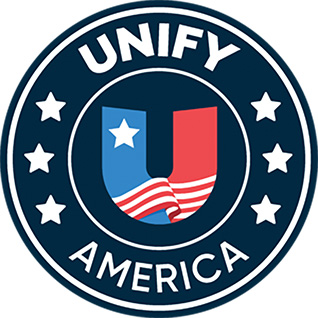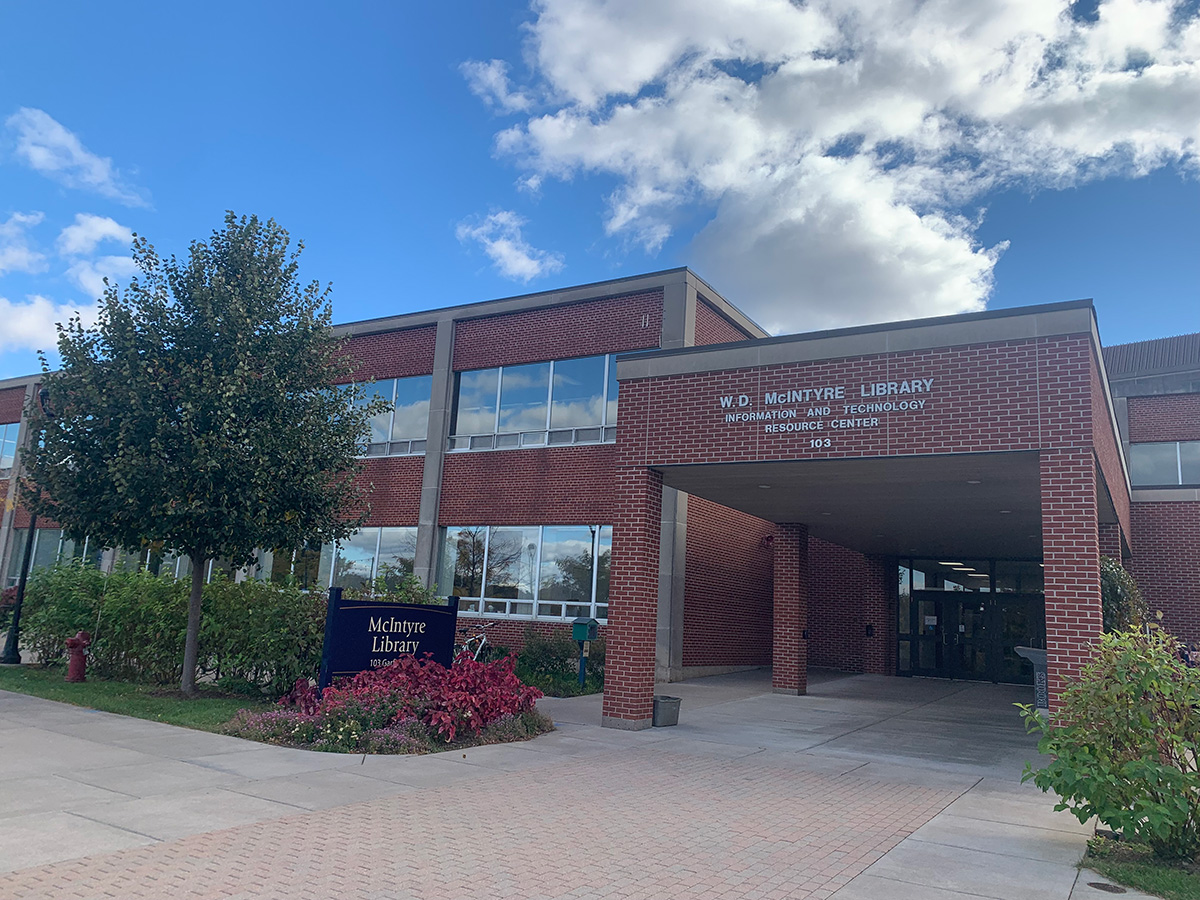One of UW-Eau Claire’s most well-respected programs has helped define the university since the late ’80s and continues to provide undergraduate students with the opportunity to work side by side with their professors in exotic locations all across the globe.
In 1988, Eau Claire was designated as the Center of Excellence for Undergraduate Student-Faculty Research. At that time, the faculty at the university had already began to build a strong tradition of providing undergraduates with research opportunities, something that was far from common back then. Along with the designation came funding from the UW System, and suddenly Eau Claire was the nucleus for cutting edge undergraduate research opportunities.
Assistant Vice Chancellor for Research and Sponsored Programs Karen Havholm oversees the process of obtaining research grants. She said Eau Claire serves as an example that many other schools have since followed.
“At that time, our institution was a leader,” Havholm said. “A lot of institutions are doing this now, but based on national student surveys, we are still one of
the very best.”
This is due largely to the university’s dedication to the project. Now, funding no longer relies solely on the System, but instead draws heavily from the student-funded Blugold Commitment.
Biology Professor Deborah Freund is one of many Eau Claire professors that regularly considers and takes part in research opportunities with her undergraduate students. One of her latest projects was a return trip to Cambodia to complete a baseline conservation study in some of the country’s parks.
“After our first trip, some of the students said they’d really like to go back to do something that would really give back to the country,” Freund said.
So Freund drew up a new proposal with the help of her students and in January 2011 returned to continue their work.
“We literally camped in the Cambodian forests for weeks,” Freund said. “We slept in hammocks and bathed in the river.”
In Freund’s eyes, the benefits of participating in projects like hers are practically limitless. Not only does it offer students the opportunity to travel to places they’ve never been before, but it carries with it the kind of hands-on experience their peers rarely garner so early in a career.
“They’re actually doing real science,” Freund said. “They’re looking under microscopes at insects and getting real, relevant experience.”
Trips like the two that Fruend took to Cambodia carry an additional advantage for students than just gathering experience. Often, it helps give them a better idea of what direction to take upon graduation, whether it be what graduate school to attend or what career to pursue.
“Many of our students won’t become research scientists,” Freund said. “But I’ve had many students that have been inspired by these trips to change their focus or encourage them to choose another career path. That’s very valuable.”
Senior Sam Tompsett currently is putting together a proposal with two other students that would allow them to travel to southeast Asia to study agricultural land use. For Tompsett, it would represent the ability to translate the skills he’s learned as a geography major to a practical use in the real world.
“To get the opportunity to culminate my skills out in the field and do something that I may not get the chance to do after I graduate would be amazing,”
Tompsett said.
“And it’s not like I’m getting money to research the Chippewa River. I’ll be floating down the Mekong River, doing water tests to quantify erosion and using the skills in GPS and GIS that I learned in class to see where it’s coming from and if it’s a problem.”
Before he can begin his trip, though, he needs his proposal approved. That process can be long and challenging, but is one of the most crucial steps in producing a successful project.
Some grants, like Freund’s upcoming research trip to the Galapagos Islands funded by the Blugold Commitment, puts less stress on the students and leans heavily on the professor to submit the proposal.
“I apply for the grant myself and then recruit students for the project,” Freund said. “I ask them to prepare a curriculum vitae that includes prior experience and relevant course work, as well as a
short essay.”
Other grants are put largely in the hands of the students, as is the case with Tompsett and his colleagues.
“My professor asked if anyone had any interest in doing a research grant with him,” Tompsett said. “When I expressed interest, he said it’s all on me. It was kind of intimidating at the time.”
Tompsett’s next step was bouncing ideas off previous studies to help focus his proposal.
Along with the help of his partners, they will prepare a narrative outlining why their proposal should be selected. That’s where Havholm comes in.
“The proposals come to our office and we send them out to other professors to review,” Havholm said. “Several reviewers look over each proposal and give a recommendation and then ultimately I decide which to pass.”
Havholm said 224 research projects were approved last year, most of which were funded by the tuition-based Blugold Commitment.
Research grants are available to any member of the student body, studying any number of disciplines, not just sciences.
“A big misconception is that it’s only honor students that receive these grants,” Havholm said. “In reality, all kinds of students participate in these programs.”
Tompsett is still in the process of drawing up his proposal and has no way of knowing if his project will be one of those selected.
Despite the uncertainty, he’s already looking forward to his trip to Asia.
“I’ll get to travel somewhere that very few people get to see,” Tompsett said. “And I’ll actually be doing some good. How cool is that?”






